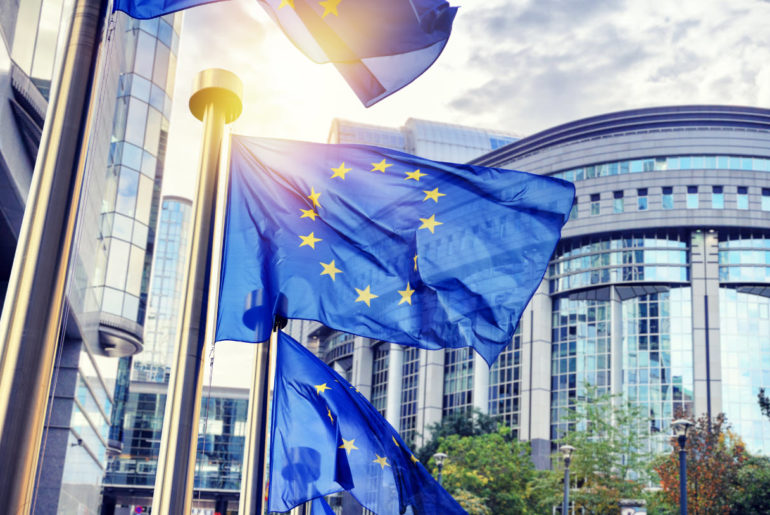On 24 November 2022, the French Agency for the Safety of Medicines and Health Products issued three sentences against pharma companies that have failed to meet their reporting obligation regarding the risk of a medicinal products supply shortage or a supply shortage.
In recent weeks, the Decree on Electronic Export Incentives and the new Regulation on Consumer Arbitration Committees have been published in the commercial and trade sector. In addition, there have been various amendments to the communiqués on environmentally friendly design requirements and energy labeling for certain products, the Regulation on Consumer Credit Agreements, the Law on the Regulation of Retail Trade, the Regulation on the General Principles of Waste Pretreatment and Recovery Facilities and the Regulation on the Principles and Rules to be Applied in Retail Trade. In addition, the monetary limits for application to consumer courts and the fines for consumer law violations have been increased.
In brief This publication features the latest Employment developments in Italy. New laws and regulations Extension of the…
This client alert discusses the new Indonesian criminal code, which in a few years will replace the existing criminal code. This alert outlines the key features of the new criminal code, and is the first of a series of client alerts on the new Indonesian criminal code.
The Singapore Association of Pharmaceutical Industries Code of Conduct has been amended to include key principles when interacting with patients and patient organizations. The revisions are effective from 1 January 2023.
Article 11, which previously only expressly governed interactions between SAPI-represented pharmaceutical companies (Member Companies) and patient organizations, has been revised to include Member Companies’ interactions with patients. The amended Article 11.1 sets out the key principles to be adhered to when interacting with patients and patient organizations.
The Singapore Association of Pharmaceutical Industries has released a set of guiding principles for patient support programs (PSPs). These guiding principles provide guidance on how PSPs should be designed.
On 2 November 2022, the Intellectual Property Tribunal of the Supreme People’s Court published its decision on the trade secret infringement case of Wuwei Bosheng Seed Industry Limited Company (Appellant) v. Hebei Huasui Seed Industry Limited Company. This case raised the untested question of whether parent material used in breeding can be protected as a trade secret in China.
The German Bundestag passed the German Whistleblower Protection Act on 16 December 2022. After initially not being expected to be passed this year, the bill did make it onto the agenda of the last session day of the year at short notice and was passed in a version amended by the Legal Affairs Committee (Rechtsausschuss) with the coalition’s majority. The next step is for the Bundesrat to approve the bill. However, this is not expected until the first plenary session in February 2023 at the earliest.
In the spirit of Bank Indonesia’s Payment System 2025 Visions that were introduced in May 2019, and in conjunction with the G20 Roadmap for Enhancing Cross-Border Payments, Bank Indonesia has agreed on cooperating with the Japanese Ministry of Economy, Trade and Industry to enable consumers and merchants in both countries to make and accept instant cross-border QR payments. The memorandum of understanding for this cooperation was signed on 9 December 2022 in Tokyo.
On 28 November 2022, the EU institutions formally adopted a Regulation on foreign subsidies distorting the internal market. The new rules will have a major impact on M&A transactions and will significantly increase the administrative burden facing many EU and non-EU companies doing business in Europe. The Regulation is part of a broader effort to protect the EU’s geopolitical “open strategic autonomy”. It aims to level the playing field by allowing the European Commission to intervene where foreign subsidies granted directly or indirectly by third countries threaten to distort the EU internal market.



